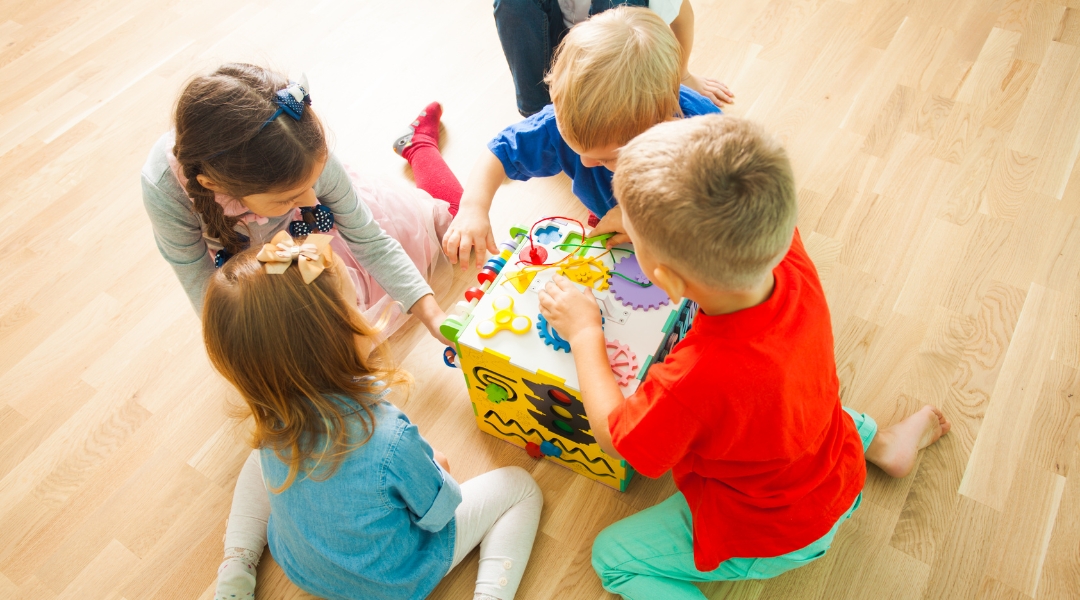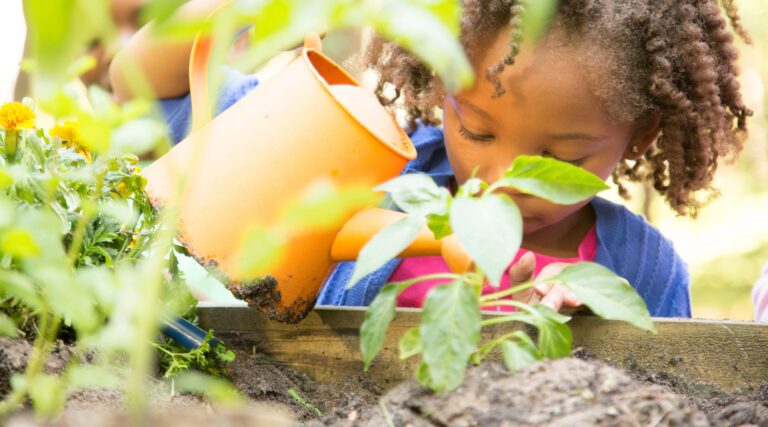The Importance of Play in Developing Children’s Social Skills
Play is a fundamental aspect of childhood that not only brings joy and fun but also plays a crucial role in developing children’s social skills. In Australian childcare centres, play-based learning is widely recognised as an effective approach to support children’s social development. In this post, we at Whiz Kidz Castle Hill explore the importance of play in developing children’s social skills and discuss how Whiz Kidz Early Learning Centre promotes social development through play.
Benefits of Play in Social Development
- Developing Communication Skills: Play provides opportunities for children to practice communication skills, such as listening, speaking, and non-verbal communication. Whether it’s negotiating roles in a pretend play scenario or discussing rules in a group game, children learn to communicate effectively through play.
- Building Empathy and Understanding: Play allows children to step into different roles and perspectives, helping them develop empathy and understanding towards others. Through imaginative play, children learn to consider others’ feelings and viewpoints.
- Learning Cooperation and Teamwork: Many types of play, such as group games and collaborative projects, require children to work together towards a common goal. This helps them learn important skills such as cooperation, teamwork, and problem-solving.
- Practicing Social Norms and Rules: Play provides a safe environment for children to learn and practice social norms and rules. Whether it’s taking turns, sharing toys, or following game rules, children learn to navigate social expectations through play.
- Building Confidence and Self-esteem: Play allows children to take on different roles and try out new skills, which can help build confidence and self-esteem. Successes in play-based activities can boost children’s confidence in social interactions.
Promoting Social Development Through Play
- Provide a Variety of Play Opportunities: Offer a range of play experiences, including free play, structured play, and guided play, to cater to different interests and developmental needs.
- Encourage Peer Interactions: Create opportunities for children to play with their peers, as peer interactions are crucial for developing social skills. Provide guidance and support as needed to help children navigate social interactions.
- Foster a Positive Play Environment: Create a safe and inclusive play environment where children feel comfortable exploring and interacting with others. Encourage positive social behaviors and intervene gently when conflicts arise.
- Model Positive Social Behaviors: Be a positive role model for children by demonstrating respectful communication, cooperation, and empathy in your interactions with them and others.
- Facilitate Social Skills Development: Use play as a tool to explicitly teach social skills such as sharing, taking turns, and problem-solving. Provide guidance and feedback to help children develop these skills.
Conclusion
Play is a powerful tool for developing children’s social skills, providing them with opportunities to learn communication, cooperation, empathy, and other important social skills. By recognising the importance of play in social development and creating a supportive play environment, Castle Hill Whiz Kidz help children build strong social foundations that will benefit them throughout their lives.







